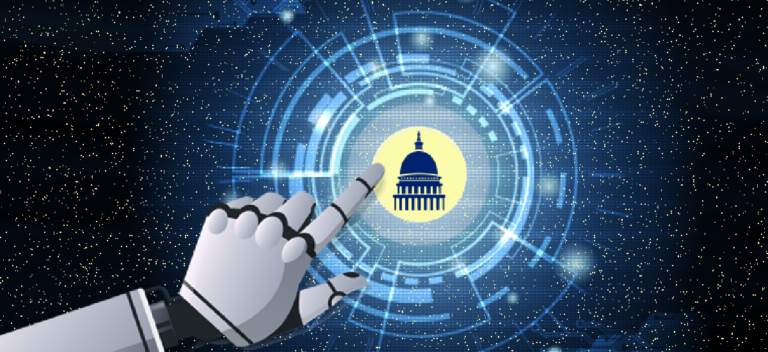
State CIOs Discuss What Reopening Looks Like
Fully reopening the economy and country has been a major point of debate in recent weeks, and is becoming an increasingly partisan issue. For businesses and elected officials, the important decisions are more of a practical matter.
In government, things certainly aren’t back to normal yet, but how to get there was a topic of discussion at the National Association of State CIOs Mid-Year Conference, which was one of the many conferences that was moved to a virtual environment due to the pandemic.
One of the main takeaways from a virtual discussion with four State CIOs was that not everything will go completely back to what we consider normal, even after the disease has passed us by. While it may not be surprising to everyone, Ohio’s CIO, Ervan Rodgers noted that during remote work his employees have, “proven [they] can be just as, if not more, productive from home.” This will allow for a large shift in what states view as their available talent pool and open up jobs for residents that might not be able to fight hours of traffic each day, or may live in more rural parts of a state.
While confidence in these out of offices workers is up, it’s important to note that when talking about expanding their available talent pool, these CIOs were referring mostly to in-state workers. While out of state workers are becoming more of an option than they may have been in the past, having employees that can get into the office when needed is a major benefit.
In terms of actually getting these employees physically back into the office, adjustments will have to be made. While ensuring physical spaces like door handles or elevator buttons is a given, many are exploring technology to aid in a safe return to work.
Two technologies that are being discussed are contact tracing apps and thermal imaging. The CIOs at the virtual conference believe that management buy-in will help other workers feel more comfortable with these options, but they still both have privacy concerns. Whether it’s HIPAA, employees’ personal data, or the potential for discriminatory practices, employers should be careful when implementing technology like this, and do it thoughtfully.
At Extract, we’re still committed to serving our customers from a remote environment and are proud to have a software solution that automates redaction and indexing processes no matter where an organization’s employees are located. If you’re interested in learning how our software works either in the office or in a remote environment, please reach out today.


